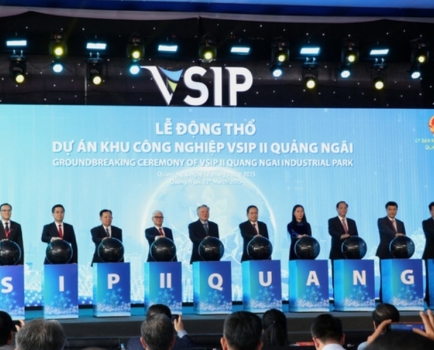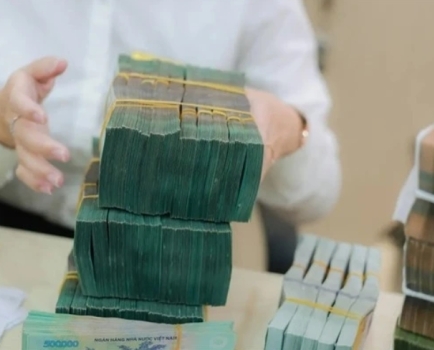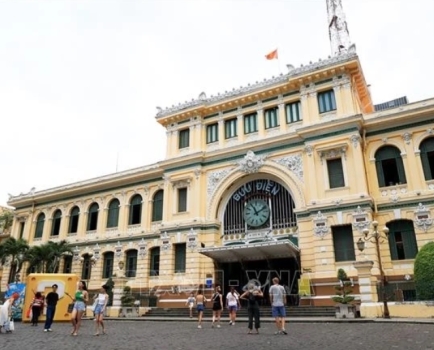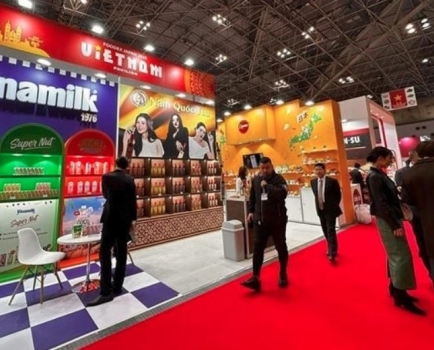Decree leverages foreign investment in education
Thu, 21 Nov 2019 18:25:00 | Print | Email Share:
Foreign direct investment (FDI) in education sector from August 2018 when the Government’s Decree No.86/2018/ND-CP took effect to October 2019 totaled US$97 million.
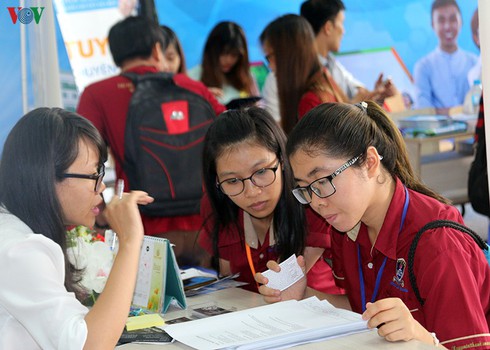
Foreign investors are clearly interested in partnership strategies to minimize
risks from their investment into the education sector.
Of this figure, M&A activities, particularly buying shares were in the majority with a proportion of 37 percent. Foreign investors are clearly interested in partnership strategies to minimize risk, Deputy Managing Director of Savills Vietnam Troy Griffiths said.
The decree which came into effect from August 1, 2018 aimed to boost the setup of international schools, as there was limited new development in recent years.
Before the decree was issued, foreign investors encountered many difficulties, including the cap on local students of 10 percent (primary school) and 20 percent (secondary school). The international school business relies on foreign students' enrollments that highly correlate to FDI attraction. Since the decree took effect, many other international schools have made the most of the opportunity and increased Vietnamese enrollments.
It certainly encouraged foreigner investors to consider this appealing opportunity in the international school market, Griffiths believes.
Education accounted for less than 2 percent of the country’s FDI inflows. High taxation, staff requirements, minimal capital required for foreign investment in addition to a complicated approval process are some of the barriers for foreign investors. The recent relaxation in the decree has simplified and eased requirements.
There are limited ‘affordable’ international schools in Vietnam, but those schools with older, smaller campuses and basic facilities attract more modest fees. Latest International School Fee Survey by ExpatFinder showed that the annual tuition fee of international schools in Vietnam averaged US$17,940, ranking 13th in the world and 5th in Asia.
Countries having higher tuition rates in Asia are China, Singapore, Hong Kong and Australia. The lowest entry started from US$5,000, still not classified as affordable. However, international schools will continue to be in demand particularly in Asia, as a stepping stone for their children to compete for spots in prestigious universities in European countries.
In addition, there is growing enrollment demand from expats’ children. Vietnam will attract more FDI inflows after signing many free trade agreements as well as evolving as an ideal alternative for multinational corporations due to ongoing China-US trade tensions.
Griffiths expected that the increased number of foreigners and their families will create good demand for international education, especially in key FDI - attractive cities.
In 2018, Vietnam has more than 320,000 foreign expatriates, increasing annually 8 percent since 2008. A 2019 expat explorer survey by HSBC showed that Vietnam jumps from 19th to 10th position on the leader board for "desired place to work and live" thanks to low cost of living and improved earnings.
However, certain barriers remain, the decree still requires both business eligibility license and education operator license. Such procedures are different from other conditional investment where only business eligibility licenses are needed.
In addition, the legal entity has not been simplified by the decree. Educational investors need to establish school that is a legal entity; meanwhile to establish a school, they need to establish a business and a legal entity. This process results in double legal entities, potentially creating an overlap of organizational structure.
Foreign investment in the education sector will continue to increase, with partnerships acting as a key strategy. Appealing market metrics continue. The ExpatFinder’s 2018 survey reflects a surprising 19 percent average increase in tuition fee compared to 2017, with some countries seeing even greater rises.
Tuition fees are expected to increase, pushed on by changes in the global workforce and costs of living.
The Savills expert noted Forbes expects the exponential growth of the market to be worth US$89 billion by 2026. The booming demand for high-quality education in Asia is thanks to growing wealth and golden demographics.
By: VOV
Source: https://english.vov.vn/economy/decree-leverages-foreign-investment-in-education-406445.vov
---------------------------------------------
Same category News :




